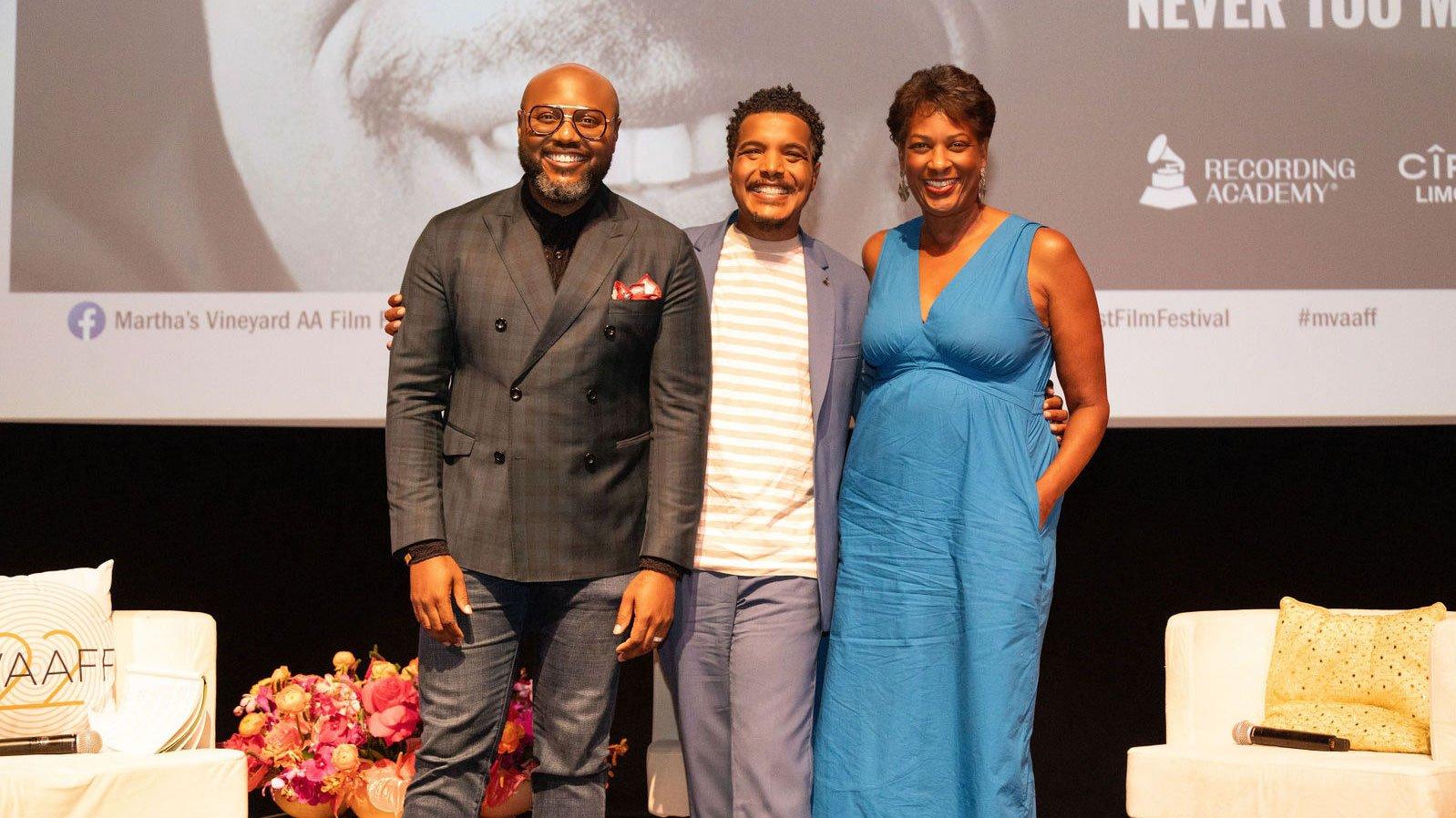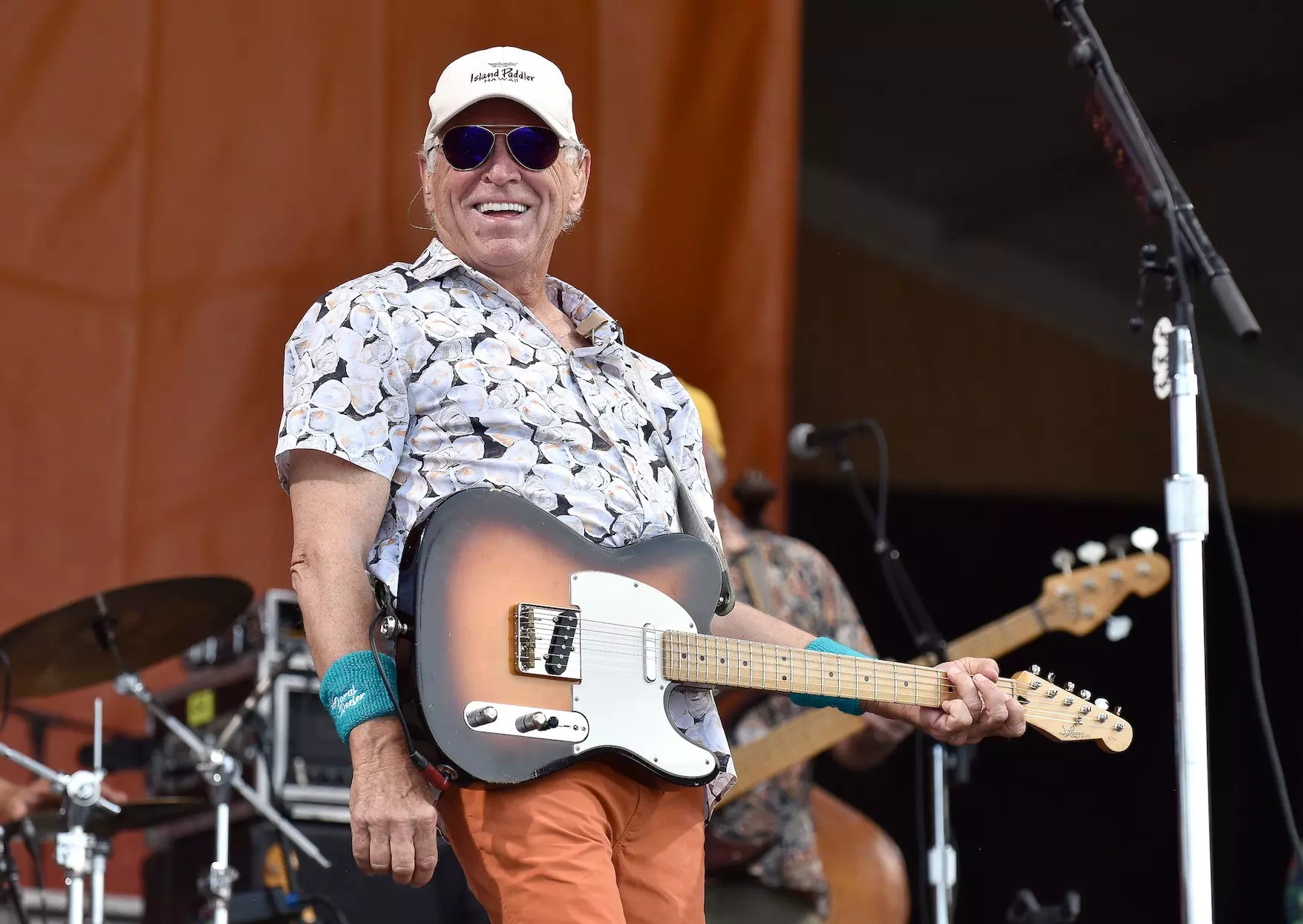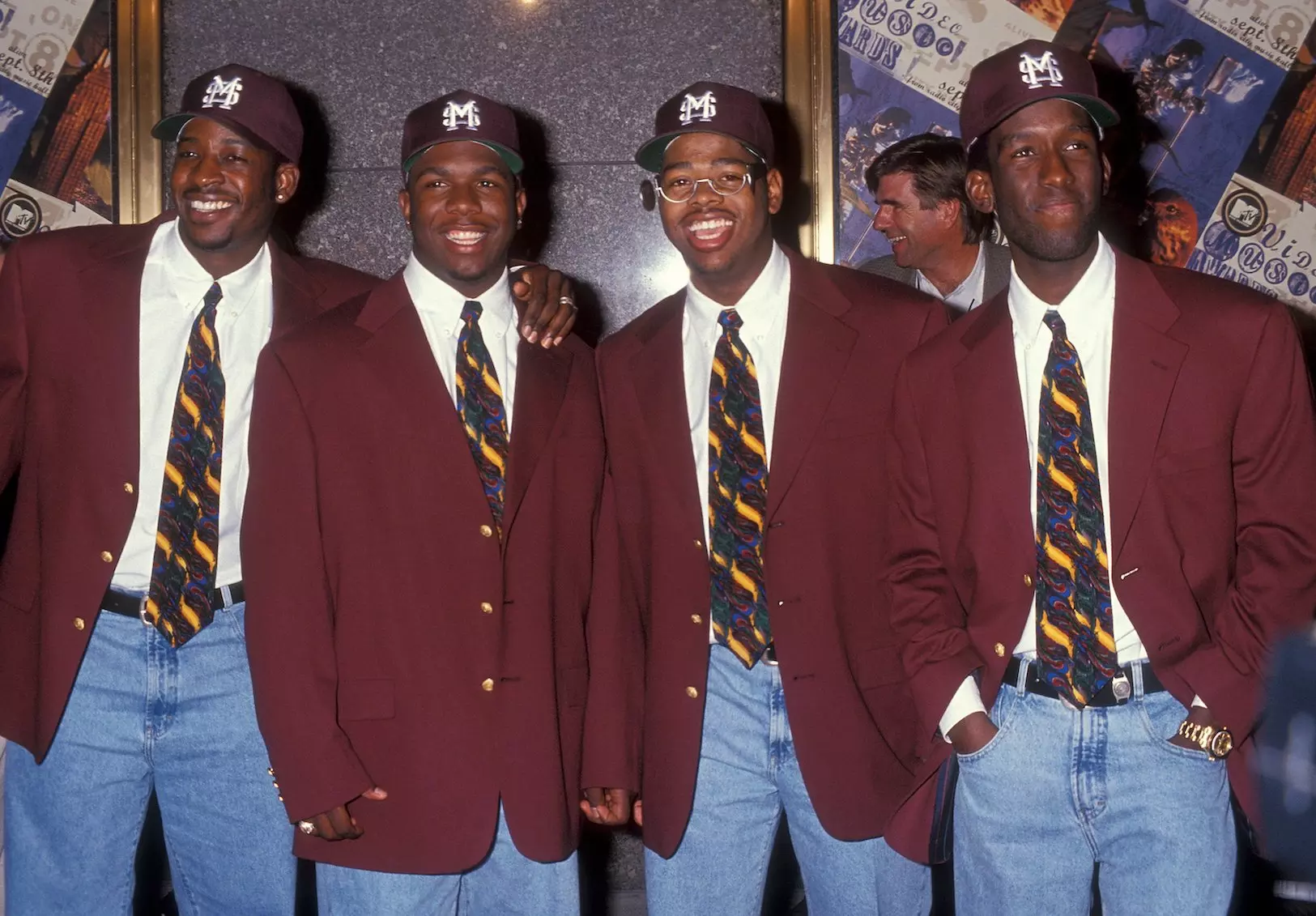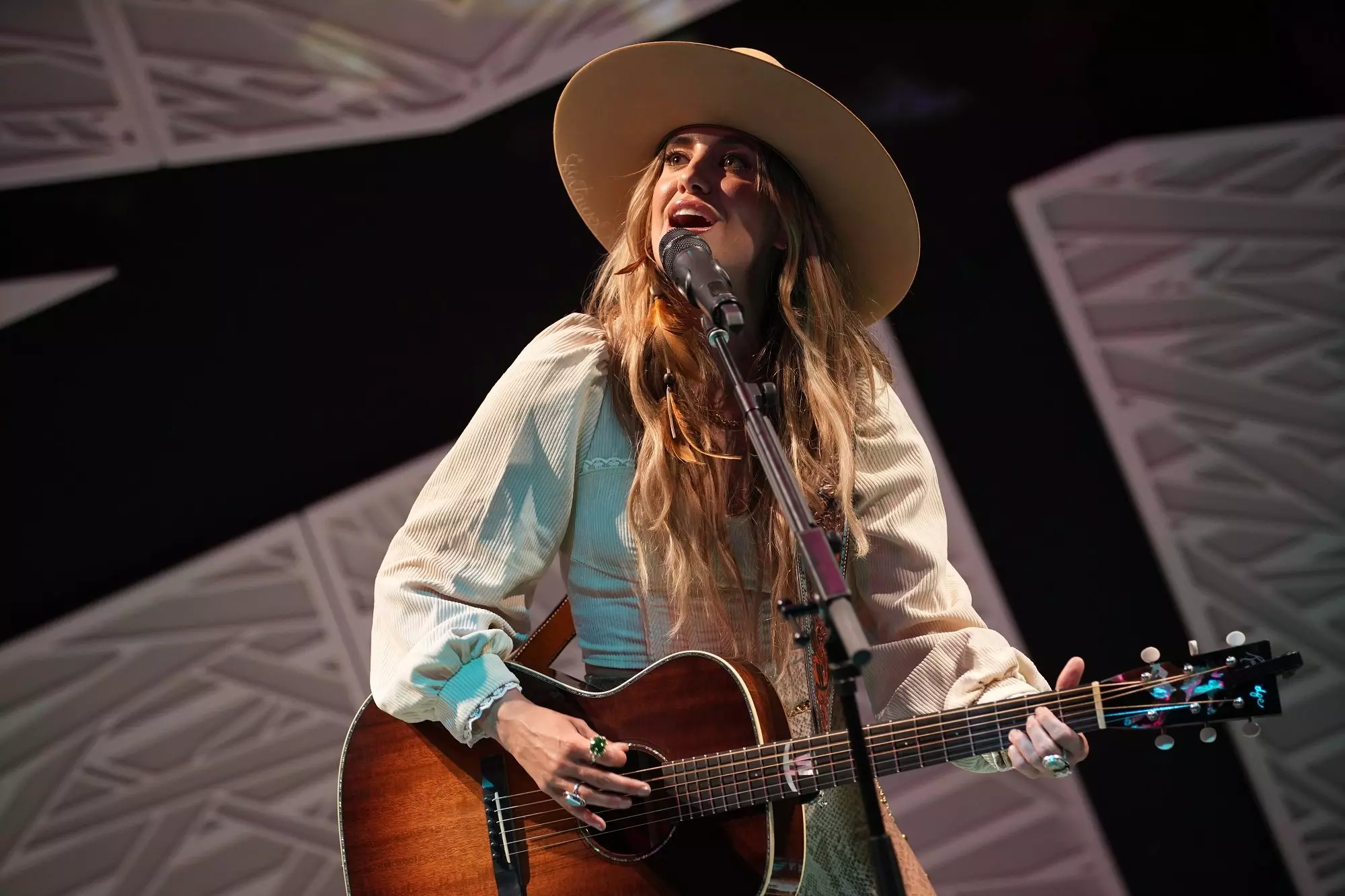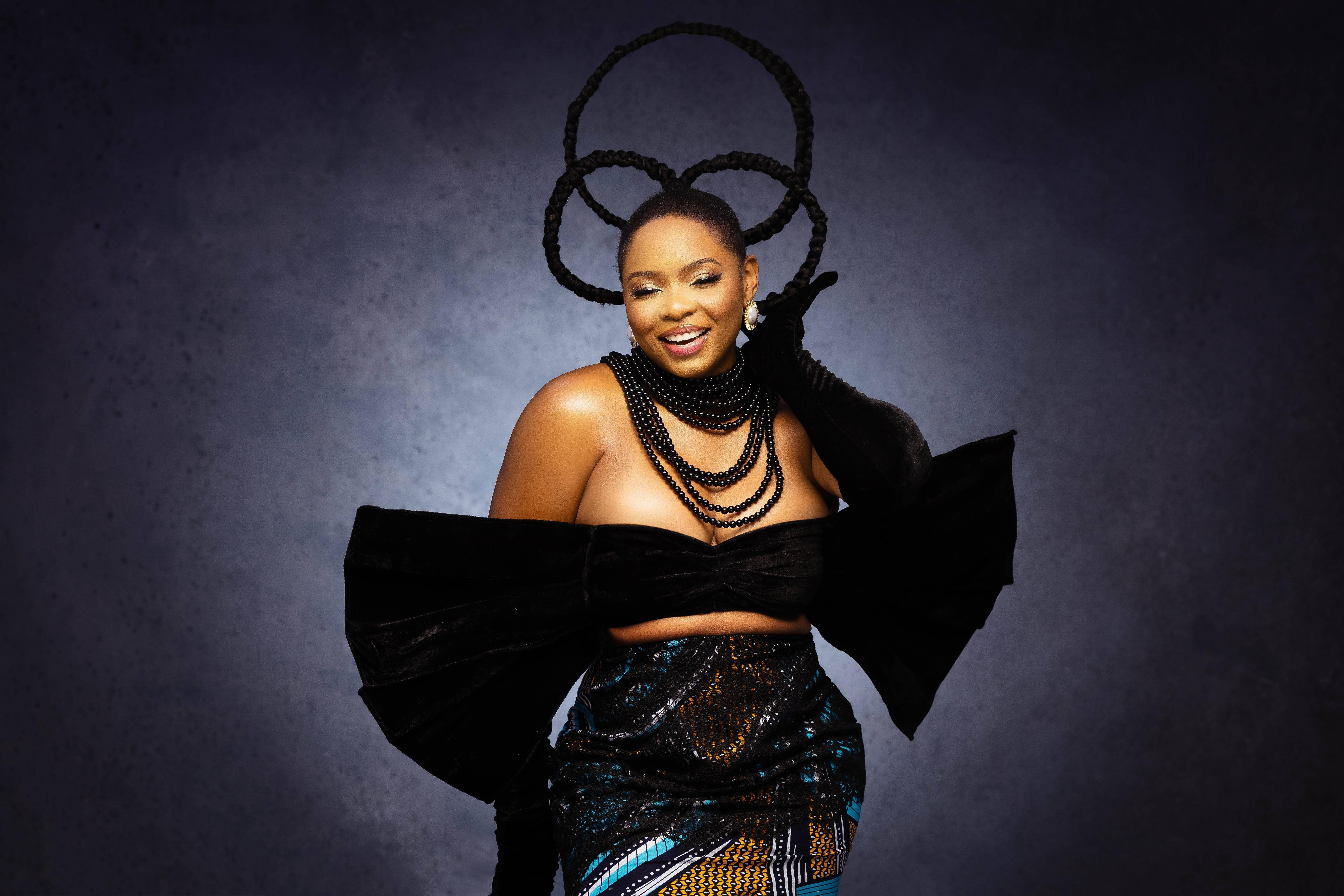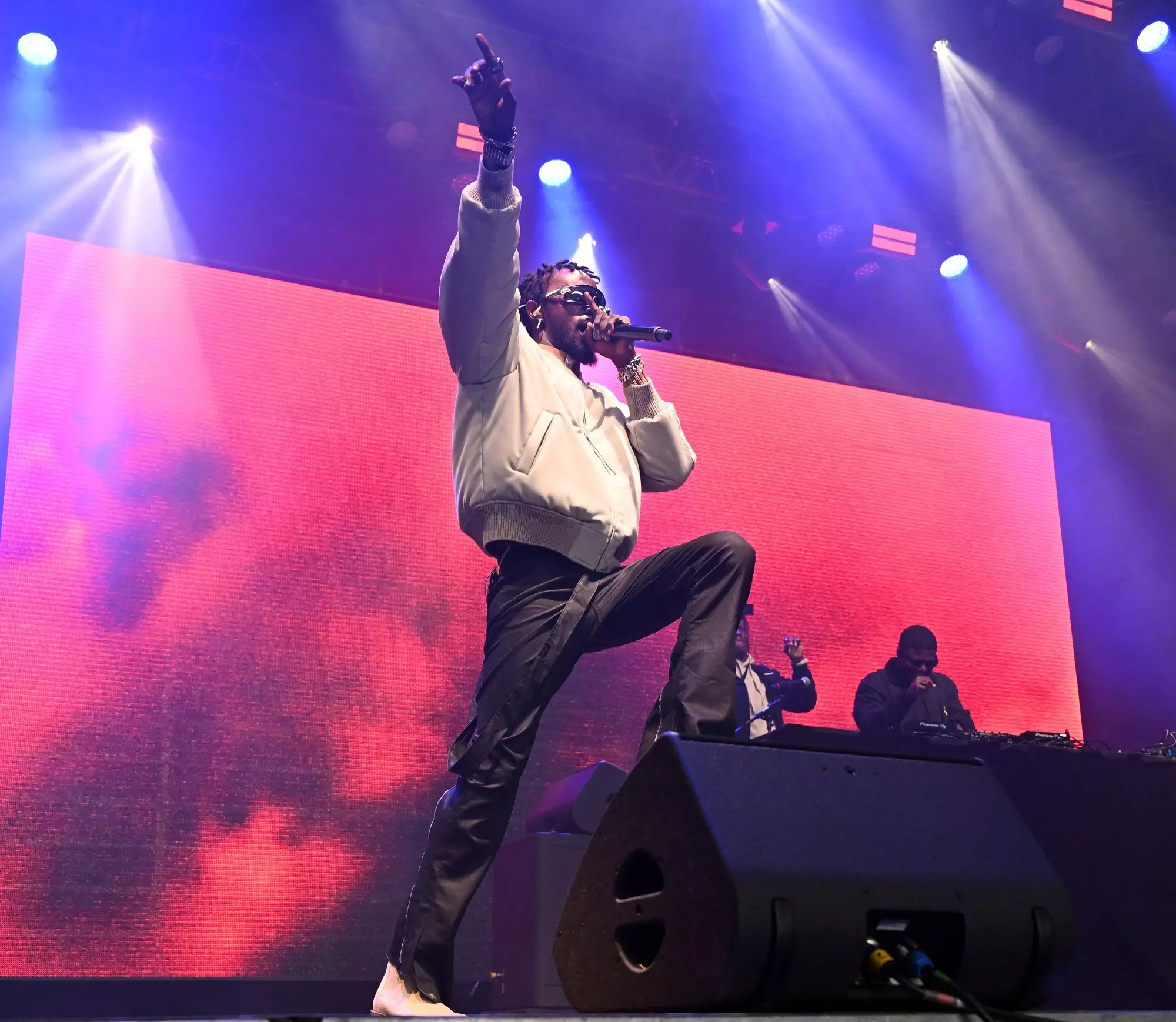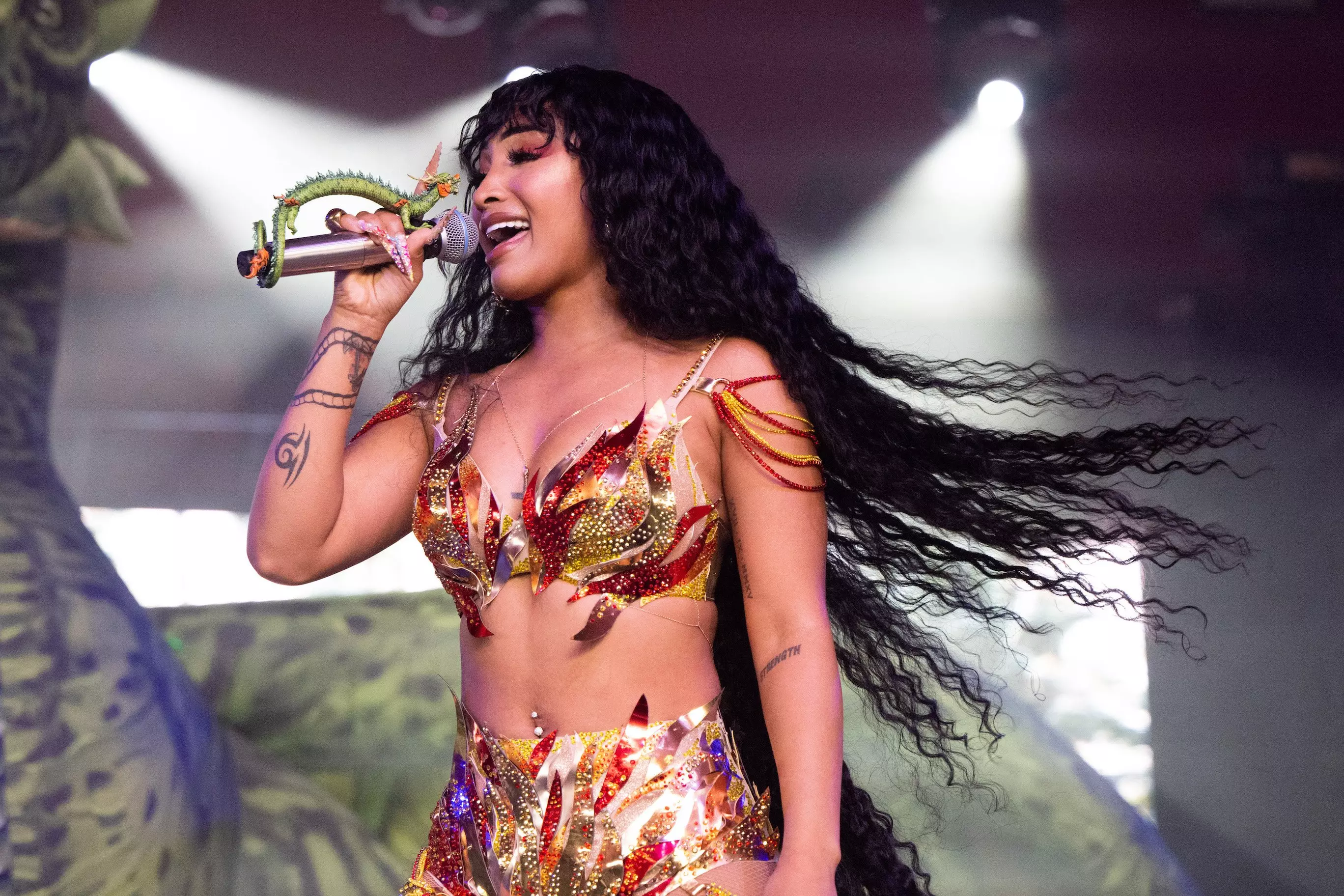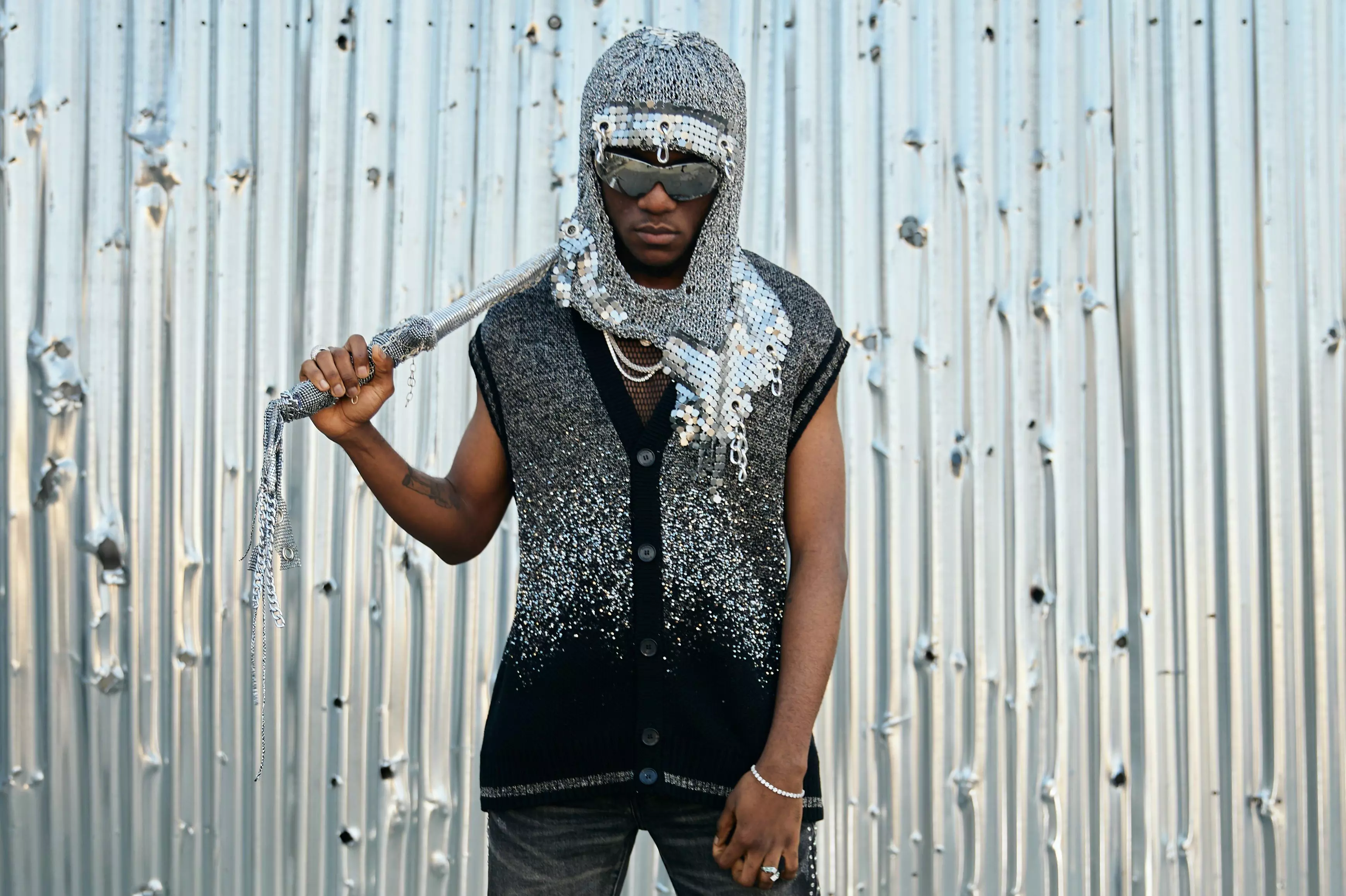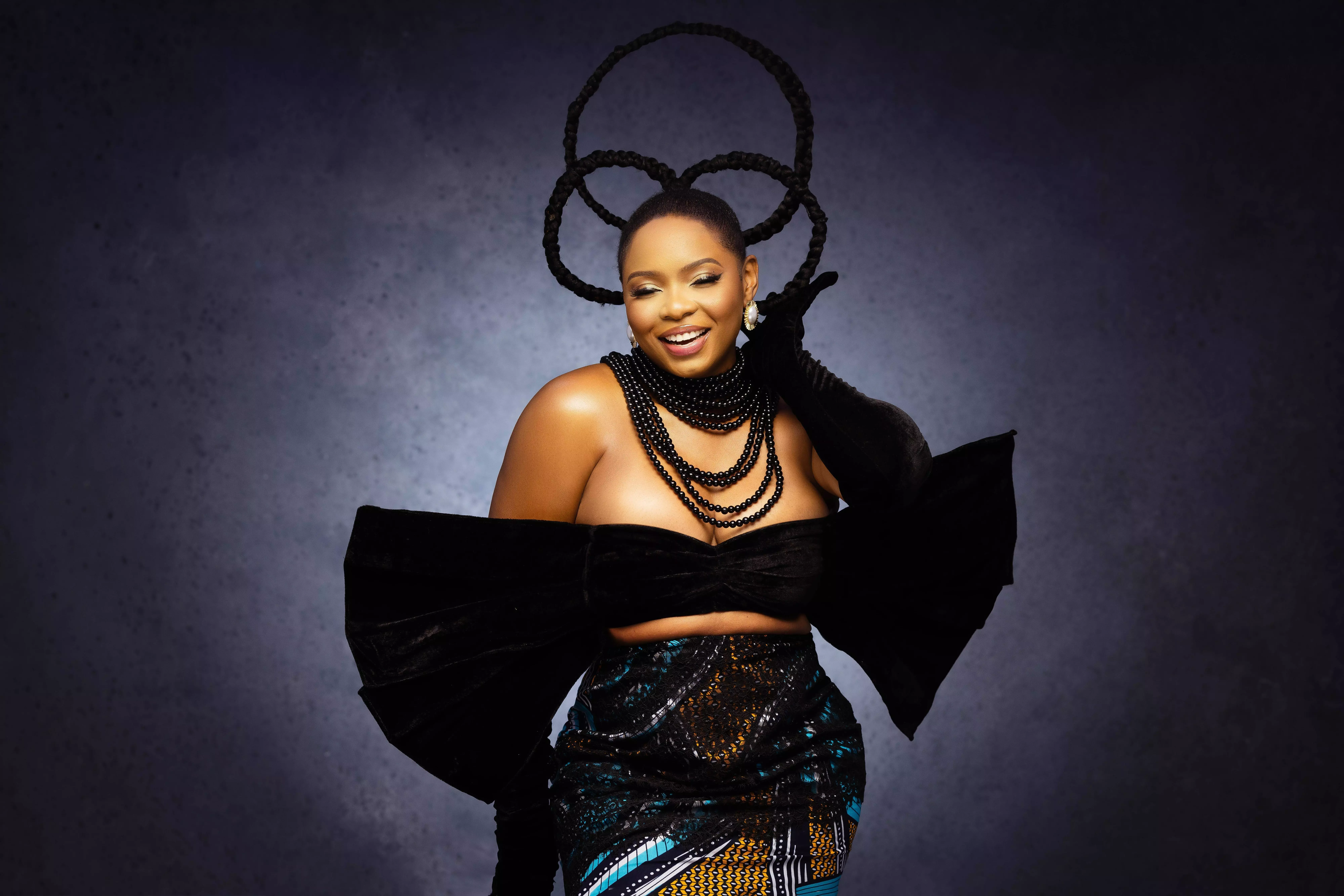In 2014 25-time GRAMMY winner Stevie Wonder came face to face with a longtime fan during the Presidential Medal of Freedom ceremony in Washington, D.C.: President (and fellow GRAMMY winner) Barack Obama. In his presentation speech before a crowd of world dignitaries, the commander in chief intimated that Wonder's classic 1972 album Talking Book was the very first LP he purchased with his own money.
"Thanks to Stevie, all of us have been moved to higher ground," said Obama.
Obama's words powerfully illustrated Wonder's tremendous influence and reach. Over the course of an innovative career spanning more than 50 years, Wonder's songs and performances have boldly crossed racial and geopolitical lines. Taking the notion of musician-as-activist to stratospheric new levels, Wonder's artistry has personally touched numerous influential world leaders, from the late Nelson Mandela to the family of Martin Luther King Jr., for whom Wonder was instrumental in the push to declare his birthday a national holiday. In 2009 the United Nations even designated Wonder as a U.N. Messenger of Peace.
To date, Wonder has earned 25 GRAMMYs, making him one of the most honored artists in GRAMMY history. In addition, he has six recordings in the GRAMMY Hall Of Fame, a Lifetime Achievement Award, and the distinction of being one of 25 artists designated as the MusiCares Person of the Year in recognition of his musical and humanitarian efforts.
On Feb. 16 The Academy, AEG Ehrlich Ventures and CBS will honor him with "Stevie Wonder: Songs In The Key Of Life — An All-Star GRAMMY Salute." The two-hour special will pay tribute to Wonder's prolific career with performances by Babyface, Beyoncé, Gary Clark Jr., Ariana Grande, Lady Gaga, John Legend, Ed Sheeran, and Pharrell Williams, among others.
Following is a snapshot of Wonder's impressive GRAMMY legacy to date, including historical context around some of his GRAMMY-celebrated recordings. The list is all the more impressive considering it represents only a smattering of the artist's tremendous musical output.
View a complete list of Stevie Wonder's GRAMMY wins
1966:
"Uptight (Everything's Alright)"
Best Rhythm & Blues Recording, Best Rhythm & Blues Solo Vocal Performance, Male, Nominations: 9th GRAMMY Awards
After impacting the Billboard R&B and pop charts in 1963 with his largely instrumental hit "Fingertips — Part 2" — the first live single in history to reach No. 1 — Wonder struggled to chart a similarly successful follow-up. Then, during a 1965 brainstorming session, the singer and his mentor Clarence Paul honed in on a single refrain from a tune Wonder was working on: "Everything's alright, uptight." Recognizing the hit potential of that distinctive lyric, Paul teamed Wonder with songwriter Sylvia Moy and Motown staff arranger/producer Henry Cosby. The result was the volcanic "Uptight (Everything's Alright)," featuring Wonder's exuberant and much-matured vocals. The single topped the R&B charts for five weeks, hitting No. 3 in early 1966, and earned Wonder his first two career GRAMMY nominations.
1968:
"For Once In My Life"
Best Rhythm & Blues Solo Vocal Performance, Male, Nomination: 11th GRAMMY Awards
This single gave the stunning indication of Wonder's astounding musical breadth. Written by Ron Miller and Orlando Murden, "For Once In My Life" began its storied life in 1967 as a Top 10 adult contemporary hit for Tony Bennett. Wonder and producer Henry Cosby borrowed the tune, imbuing it with a high-kicking vitality that made Wonder's interpretation a stand-out version, landing at No. 2 on the Billboard R&B and pop charts. The track earned Wonder a nomination for Best Rhythm & Blues Vocal Performance, Male, and a later recording with Bennett won the 2006 GRAMMY for Best Pop Collaboration With Vocals. Wonder's solo version was inducted into the GRAMMY Hall Of Fame in 2009.
1973:
"You Are The Sunshine Of My Life," Best Pop Vocal Performance, Male; "Superstition," Best R&B Vocal Performance, Male, Best Rhythm & Blues Song: 16th GRAMMY Awards
In the early '70s Wonder began a metamorphosis, capturing critical accolades for his innovative Music Of My Mind album. As a follow-up, Wonder created an LP so highly actualized that radio programmers and record buyers simply couldn't deny it. Talking Book opens with the breezy "You Are The Sunshine Of My Life," which reached No. 1 on the Billboard Hot 100 (along with "Superstition"), then proceeds to delineate the complexities of romantic love on tracks such as "You've Got It Bad Girl," "Blame It On The Sun" and "Lookin' For Another Pure Love." The album spawned three GRAMMYs, including Best Pop Vocal Performance, Male for "You Are The Sunshine …," which also earned Record and Song Of The Year nods, and Best R&B Vocal Performance, Male for "Superstition." Both songs, and the album, were inducted into the GRAMMY Hall Of Fame.
Innervisions
Album Of The Year: 16th GRAMMY Awards
Where Talking Book witnessed the emergence of a budding musical activist, Innervisions saw Wonder plunging headlong into social issues. Broadening his musical palette to include funk and soul/jazz, Wonder scored hit singles with "Living For The City" and "Higher Ground," while jazz-influenced tracks such as "Too High" and "He's Misstra Know It All" found the singer examining the vagaries of drug addiction and Watergate-era politics. In his Rolling Stone review of Innervisions, famed rock critic Jon Landau presciently wrote: "There is something complete about Stevie Wonder, and one senses that he is not only exceptionally important today, but will continue to be for as long as he chooses." Innvervisions earned Wonder his first Album Of The Year GRAMMY and was inducted into the GRAMMY Hall Of Fame in 1999. "Living For The City" won Best Rhythm & Blues Song honors for 1974 at the 17th GRAMMY Awards.
1974:
Fulfillingness' First Finale
Album Of The Year, Best Pop Vocal Performance, Male: 19th GRAMMY Awards
By the mid-'70s, Wonder was cranking out complex, remarkably realized albums with astonishing speed. His 1974 masterwork, Fulfillingness' First Finale, was somewhat less indignant than its predecessor, Innervisions, but no less hard-hitting. The single "Boogie On Reggae Woman" ranks as one of the most innovative synth-funk shuffles in history, featuring burbling keyboard flourishes that more than 40 years later have yet to be equaled. Wonder notched his fourth No. 1 hit with "You Haven't Done Nothin'," in which the singer excoriates Watergate-era politicians. The album features contributions from a talented roster, including the Jackson 5, Minnie Riperton, Deniece Williams, and Paul Anka, and earned Wonder his second GRAMMY for Album Of The Year. "Boogie On Reggae Woman" took the GRAMMY for Best R&B Vocal Performance, Male.
1976:
Songs In The Key Of Life
Album Of The Year, Best Pop Vocal Performance, Male: 19th GRAMMY Awards
With his confidence overflowing, Wonder's assuredness is evident on this two-disc collection (which included a four-song EP, to boot). Songs In The Key Of Life spawned a pair of blithe funk hits in the forms of "Sir Duke" (Wonder's tribute to jazz lion Duke Ellington) and the GRAMMY-winning "I Wish" (cheery childhood memories set to a slippery funk beat). The singer's spiritual side is evident on tracks such as "Love's In Need Of Love Today" and "Have A Talk With God," while Afrocentric tunes such as "Black Man," "Village Ghetto Land" and "Pastime Paradise" served to reassure his black fan base that crossover fame had not blunted his socio-cultural edge. The album earned Wonder his third Album Of The Year GRAMMY win in four consecutive years (a mark that has not been matched), garnered Wonder his first and only Producer Of The Year, Non-Classical award to date, and was inducted into the GRAMMY Hall Of Fame in 2002. In 2005 the Library of Congress added Songs In The Key Of Life to its National Recording Registry.
1982:
"Ebony And Ivory"
Record Of The Year, Best Pop Performance By A Duo Or Group With Vocal, Nominations: 25th GRAMMY Awards
In the early '80s, Wonder received word that Beatles legend Paul McCartney had composed a duet tune with him in mind. Thus, plans for the recording of "Ebony And Ivory" were set in motion. Helmed by revered Beatles producer George Martin and included on McCartney's Tug Of War album, the No. 1 hit showcases Macca and Wonder contemplating why the world can't be more like a piano, where black and white keys co-exist in "perfect harmony."
1986:
"That's What Friends Are For"
Best Pop Performance By A Duo Or Group With Vocal: 29th GRAMMY Awards
Initially recorded by Rod Stewart for the motion picture soundtrack for Night Shift, this ballad, co-written by Burt Bacharach and Carole Bayer Sager, resurfaced when the songwriting duo was compiling material for a 1985 Dionne Warwick album. During recording, Bacharach decided to expand the single's blockbuster appeal by inviting more superstar vocalists to perform. Warwick suggested Elton John and Motown legend Gladys Knight, and thus the single we know today was born. The gold-certified single crowned both the pop and R&B charts in 1986 and was also nominated for Record Of The Year. The smash was friendly to a good cause, raising more than $3 million for the American Foundation for AIDS Research.
1998:
"St. Louis Blues"
Best Male R&B Vocal Performance, Best Instrumental Arrangement Accompanying Vocal(s): 41st GRAMMY Awards
Featuring one of Wonder's most exhilarating performances, "St. Louis Blues" is culled from Herbie Hancock's 1998 album Gershwin's World — a curious title, seeing as "St. Louis Blues" was composed not by Gershwin, but blues legend W.C. Handy. Hancock's version features Wonder contributing soulful, elastic vocals and foamy harmonica flourishes, counterpointing Hancock's funky piano improvisations.
2005:
"So Amazing" Featuring Beyoncé
Best R&B Performance By A Duo Or Group With Vocals: 48th GRAMMY Awards
Luther Vandross was a massive Wonder fan, a fact evidenced by his interpretations of compositions such as "Creepin'," "Knocks Me Off My Feet" and "Until You Come Back To Me." (Vandross even contributed background vocals on Wonder's 1985 smash single, "Part-Time Lover.") Considering his obvious love and admiration for Wonder, it's unfortunate that Vandross didn't live to hear his gospel-tinged torch song, "So Amazing," interpreted as a duet by Wonder and Beyoncé. The track is featured on the 2005 album So Amazing: An All Star Tribute To Luther Vandross, which debuted at No. 4 on the Billboard 200.
(Bruce Britt is an award-winning journalist and essayist whose work has appeared in The Washington Post, USA Today, San Francisco Chronicle, Billboard, and other publications. He lives in Los Angeles.)

